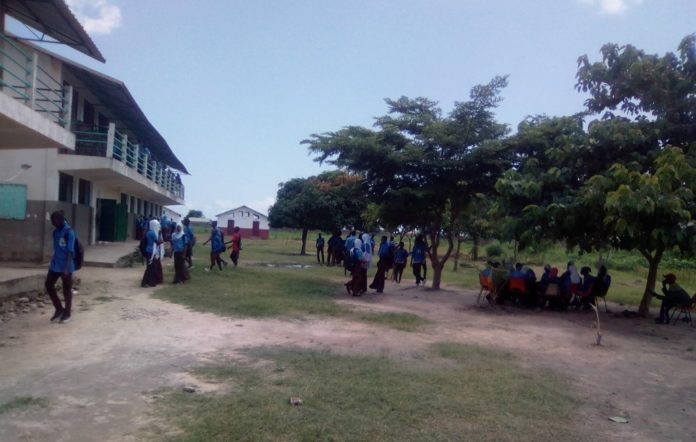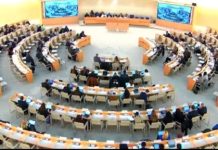By Kebba Mamburay and Kebba Secka
Heademasters and mistresses, students, parents and teachers of schools affected by the strike of the teachers have called for an early resolution of the problem so that school children can have normal classes.
At Kunkujang Upper Basic School, according to the principal of the school, teaching and learning is not effective in the school since the commencement of this term. “To be candid, the strike has affected my school because a good number of the young teachers are not reporting to work,” he said. Asked his view on government closure of all forms of negotiations for the strikers, the principal said: “I am worried about prolonging the problem,” he said. He further explained that since government issued a threat to terminate the services of the strikers, the attendance of his staff has even gone down than ever before. He appealed to the strikers as well as the government through GTU to try and reach a deal so as to help the learners and their parents.
Mr Paul Sambou, senior teacher of the school also confirmed that 30% out of 70% of the teacher roll are not going to work. “I think, the government needs to solution on this issue because it cannot last forever,” he asserted.
Wally Bah senior prefect of the school registered his disappointment in the way government is handling the case of the strikers while on the others urges teachers to consider the fact that they are teaching their own children. “On behalf of the students of this school, the government is urged to handle this matter more appropriately,” he said. He also said that teachers should stop the strike and go to school and teach.
Omar Chan representative of the parent body in both schools appealed to both the striker and government to solve out this matter once and for all. “I cannot understand who is right and who is wrong. When the GTU speaks, you blame the teachers’ task force while when the task force speaks, you think they have it and GTU and government are wrong but what is important is let them solve this problem. Our children are suffering,” he concluded. Cham also confirmed that both the two schools are seriously affected by the strike.
At Latrikunda proper and annex lower basic school, the strike of teachers has no negative impact on the teaching and learning as it is effective, according to Tijan Ceesay, head master of the annex.
Young teachers in these schools have also added their voices of rejection to the threat issued by the vice president of the Gambia against the strikers saying that if the strikers failed to report to school by Friday they will get their services terminated. They said they are not part of the ongoing strike, but if government does that they will join their colleagues. Sukai Jarjusey, a grade five teacher at the proper said: “I think what the strikers are striking are genuine because everyone should benefits from the increment of transport allowance equally. I think, this is right thing to demand and others,” she said.
The situation at Serrekunda Upper Basic School was different. Mr. Lamin L. Ceesay, the headmaster of Serrekunda Lower Basic school told this Foroyaa reporter that they are not affected with the teachers sit-down strike as far as he is concerned.
He further added that the GTU came to his school for inspection and observation but they met everything intact in his school Serrekunda Lower Basic school, where he is serving as the headmaster. Mr Ceesay further revealed that if in such cases a teacher got absent, then it must have been due to that individual feeling sick or perhaps some other reason.
Meanwhile both the headmaster and the deputy headmaster of Latrikunda Basic School echoed the same views as Mr Ceesay. They both narrated that they’ve not experienced neither have they been affected by the sit-down strike as 96% of their teachers are reporting to the school and they are educating the students.
The situation at Kunkujang Lowet Basic was different. The headmaster, Mr Ebrima Njie said that some of his staff are suspected to be actively taking part in the strike, adding that their failure to come has definitely affected teaching and learning in his school. He emphasised the need for government to open negotiation rather than closing all forms of negotiation with the strikers. “This school is definitely affected because four of our young teachers are not coming,” he said



















